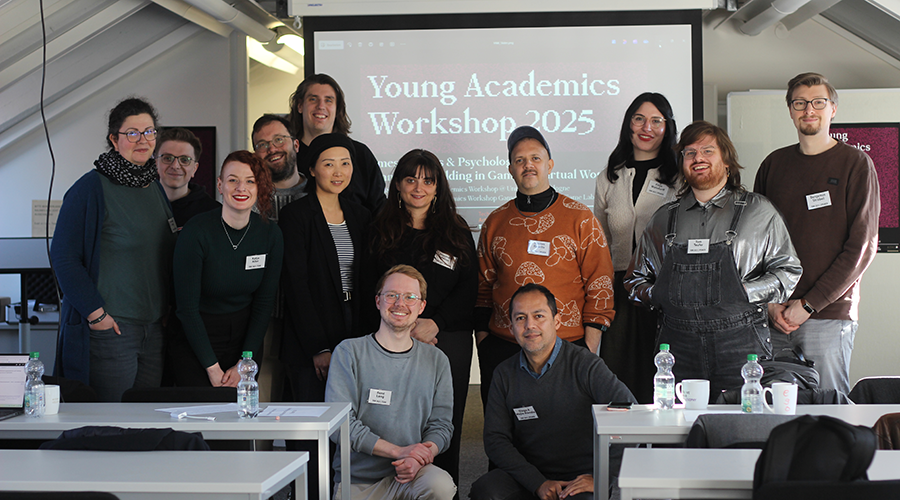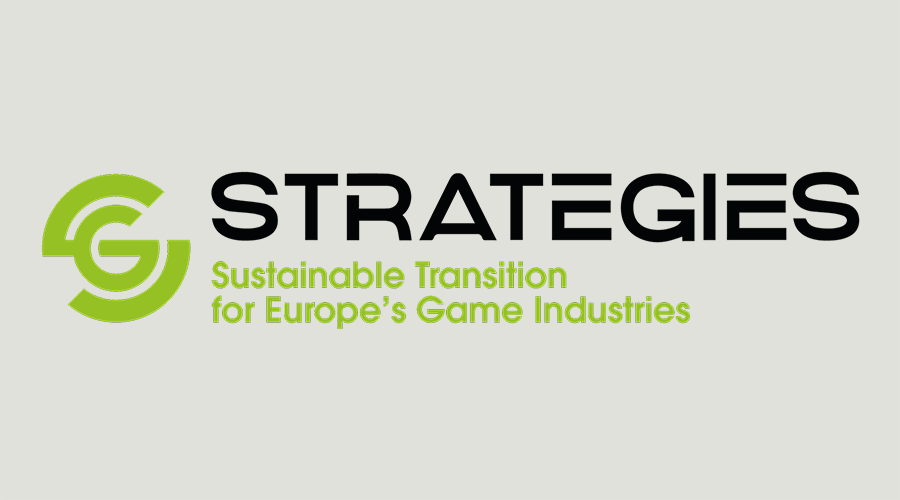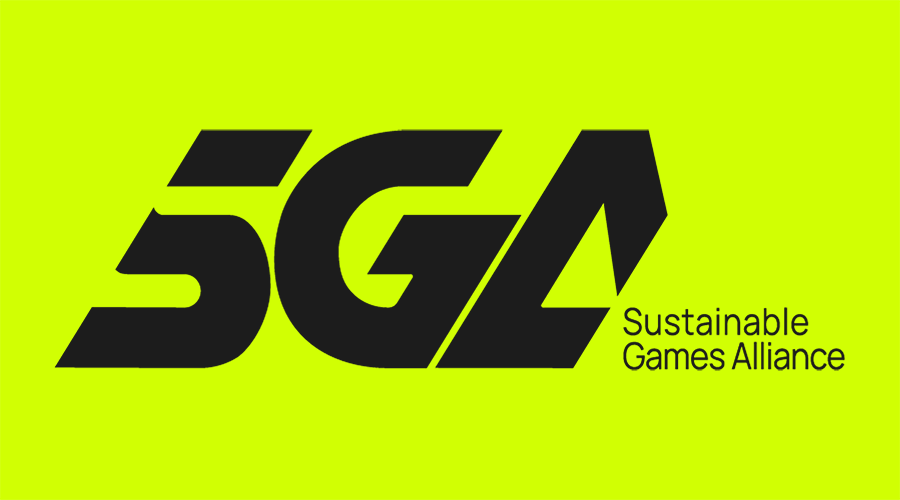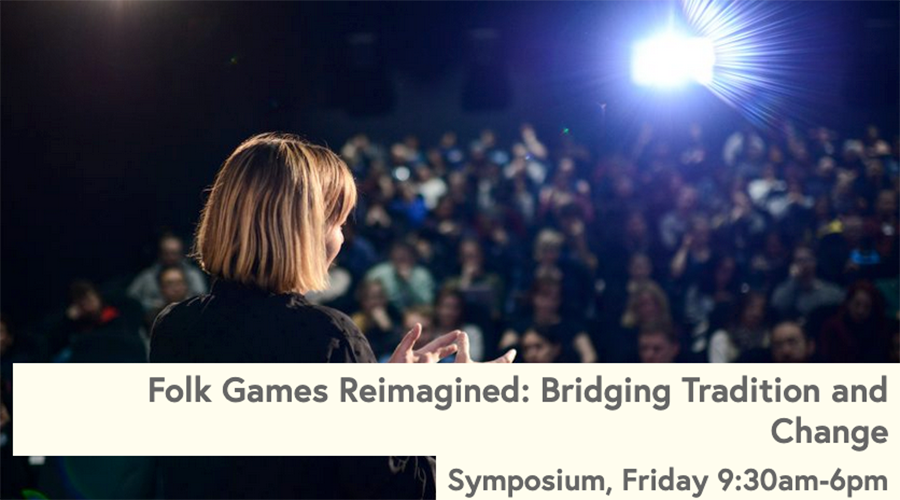As one of the most research-active institutes at TH Köln, we are proud to share recent highlights from our work at the intersection of game development, sustainability, and community building. From international conferences and academic collaborations to public events and festival curations, 2025 so far showcased the breadth and impact of our interdisciplinary research.
Recap: Young Academics Workshop & Game Jam 2025

On March 18 and 19, this year’s Young Academics Workshop took place at the a.r.t.e.s. Graduate School for the Humanities of the University of Cologne and the Cologne Game Lab of the TH Köln – University of Applied Sciences, followed by a thematic Game Jam under the shared title “Games, Politics & Psychology: Community Building in Games & Virtual Worlds.” A particular highlight was the keynote by Matthias Heider (Institute for Democracy and Civil Society), titled “Press F to Fight Fascism”. Heider explored the dual nature of gaming communities—as spaces of connection and creativity, but also as potential entry points for extremist ideologies. He emphasized the need for bottom-up initiatives driven by gamers themselves to reclaim digital spaces and foster inclusive, respectful environments. The following Game Jam encouraged interdisciplinary teams to create prototypes dealing with social and psychological dynamics in games. Keynote speaker Yngve Eßing (Gentle Troll) illustrated how lived experience shaped the storytelling of Tavern Talk, while Mathew Varkki (Fishlabs) reflected on the influence of often-overlooked communities on the development process itself.
Paper Presentation at the STS Hub Conference

At this year’s STS Hub Conference, CGL’s Sonia Fizek and Ruth Dorothea Eggel presented a research paper examining the ecological and socio-cultural challenges of sustainable game development. Titled “Strategies for Sustainable Game Development: Between Planetary Impacts and Technoculture”, the paper explores how game developers address planetary concerns through local strategies and critically reflect on the contradictions of “green” game-making within profit-driven, resource-intensive industries. Drawing on industry expertise and interdisciplinary research, the work is part of the Horizon Europe project STRATEGIES, and offers insights into the obstacles, knowledge, and cultural frameworks shaping sustainability in game design and production.
Appointment: Sonia Fizek Joins the Board of the Sustainable Games Alliance

We’re proud to announce that Prof. Dr. Sonia Fizek has been appointed to the Board of Directors of the Sustainable Games Alliance (SGA). The SGA is a global nonprofit network of game developers, researchers, and studios committed to making the games industry a leader in environmental and social responsibility. As lead of Work Package 2 in the STRATEGIES project, Sonia brings a strong research perspective to the Alliance—especially in the area of sustainable design practices. Her appointment strengthens the collaboration between academia and industry, and reinforces our collective efforts to develop unified sustainability standards and share knowledge across sectors.
Find out more about the Sustainable Games Alliance here.
Now Play This: Academic Day on Folk Games

As part of the upcoming final edition of the Now Play This festival in London, CGL will co-curate a dedicated academic day in collaboration with Dr. David Murphy, titled “Folk Games Reimagined: Bridging Tradition and Change.” Through talks, round tables, and playful sessions, the event will explore how traditional games—passed down through generations—can be adapted and reimagined in contemporary contexts. The day will focus on emergent gameplay, socially adaptable design, and the role of folk games in shaping both new digital experiences and the preservation of intangible cultural heritage. The sessions aim to demonstrate how the simplicity, improvisational character, and social embeddedness of folk games can inspire meaningful, community-centered approaches to modern game design.

As part of the programme, we are excited to present Die Näherinnen (The Seamstresses), an experimental alt.ctrl game developed by students of the Cologne Game Lab. Using a real vintage sewing machine as its primary interface, the game invites players into a day in the life of a 19th-century seamstress, where storytelling, song, and subtle resistance unfold between stitches. Die Näherinnen aligns closely with the festival’s theme through its deeply intimate and feminist take on memory and labor—turning play into a medium of remembrance, care, and quiet defiance. It exemplifies the kind of historically grounded yet innovative design that continues to shape our teaching and research.
Find out more about the Symposium here.
Antura Erasmus + Projects

Another important milestone in our ongoing research activities is the expansion of The Antura Initiative, a long-standing applied research project that explores the potential of mobile games for children’s education and psychosocial well-being. The latest phase of the project, launched in December 2023 under the EU Erasmus+ programme, focuses on supporting refugee and migrant children through a multilingual learning game. In collaboration with partners from Germany, Spain, Poland, and France, the new Antura project helps children aged 6–11 adapt to life in their host countries by combining playful language learning with cultural orientation. With teacher toolkits, classroom integration, and support for older learners, the initiative continues to demonstrate how game-based approaches can address real-world educational challenges—particularly in times of crisis and displacement.
Find our more about the Antura Initiative here.

